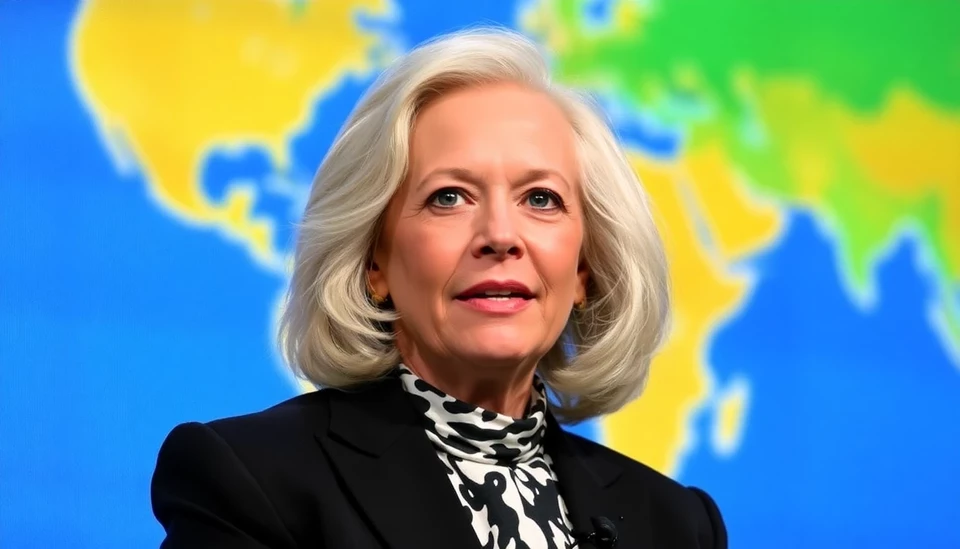
In a bold move to shift the technological balance in Africa, Meg Whitman, the former CEO of eBay and an influential figure in Silicon Valley, is advocating for increased involvement of U.S. technology companies on the continent. Acknowledging the significant strides made by China in Africa, she believes that American firms must step up to compete in what she describes as a critical geopolitical battleground.
Whitman's remarks come at a time when African nations are experiencing rapid technological adoption and digital transformation. The tech landscape on the continent is burgeoning, driven by a young population eager to embrace innovation. However, with Chinese investments pouring in—particularly in infrastructure and digital services—Whitman warns that there’s a looming risk of these nations becoming overly dependent on Chinese technology and financial systems.
At a recent tech conference, Whitman underscored the importance of U.S. tech companies not only establishing a footprint in Africa but also actively fostering partnerships with local tech startups. She emphasized that American firms possess advanced technological capabilities and expertise that can empower African entrepreneurs and businesses. Whitman highlighted how such collaborations can aid in building sustainable ecosystems that enhance economic growth while ensuring that Africa has a voice in its technological future.
Collaboration is a central theme in Whitman's message. She is a proponent of cross-border partnerships that leverage both American and African strengths. This cooperative strategy aims to create a diverse technological landscape that is not dominated by a singular power—especially one from China. By expanding their reach into Africa, U.S. tech companies could not only gain market access but also play a crucial role in shaping the continent's digital economy.
Whitman draws attention to the necessity for U.S. policymakers to support this initiative. She advocates for incentives that would encourage American tech firms to invest in African markets, as well as for educational programs that can equip the upcoming generations with the skills needed to thrive in a high-tech economy. Her vision encompasses a comprehensive developmental approach, one that would prioritize innovation, sustainability, and a strategic framework for U.S.-Africa relations in the tech sector.
The stakes are high: with African nations scaling their digital economies, the competition between U.S. and Chinese tech influence is bound to escalate. Whitman argues that this is not only a matter of economic opportunity but a fundamental issue of national security and global standing. Strong U.S. representation in African tech can counterbalance Chinese expansionism and provide African countries with alternatives that keep their sovereignty intact.
As the conversation continues and initiatives are discussed, it’s clear that the tech landscape in Africa is at a pivotal moment. With visionary leaders like Whitman advocating for proactive engagement, there lies a significant opportunity for U.S. companies to reshape their global influence while mutually benefitting the burgeoning economies of Africa.
In conclusion, Whitman is clear: the time for U.S. tech to take a stand in Africa is now. With collaborative efforts and strategic investments, American companies can help shape a sustainable and independent digital future for African nations, while simultaneously securing their competitive edge in the global tech landscape.
#MegWhitman #USTech #AfricaTech #China #DigitalEconomy #Innovation #Sustainability #Geopolitics #TechInvestments
Author: Victoria Adams




